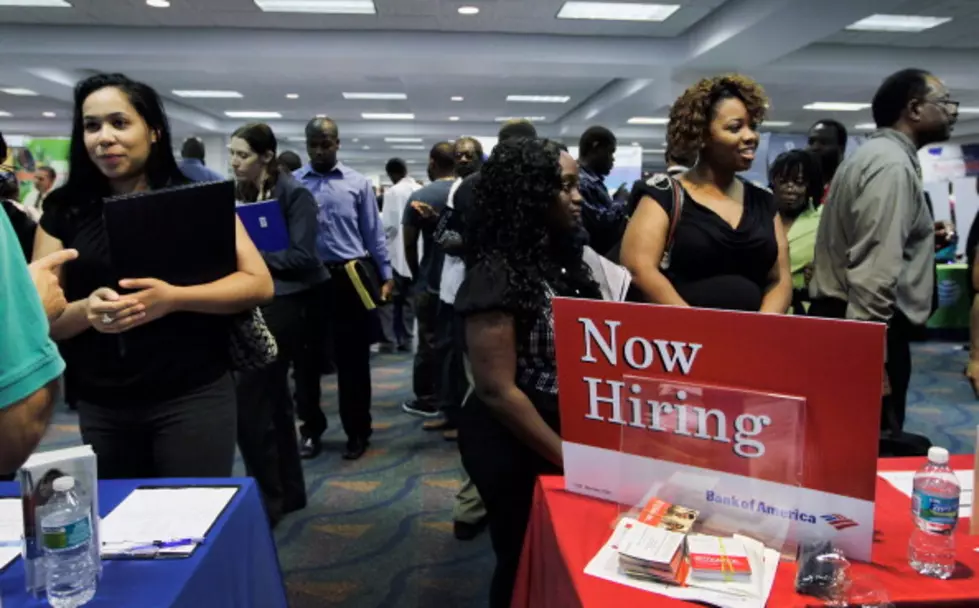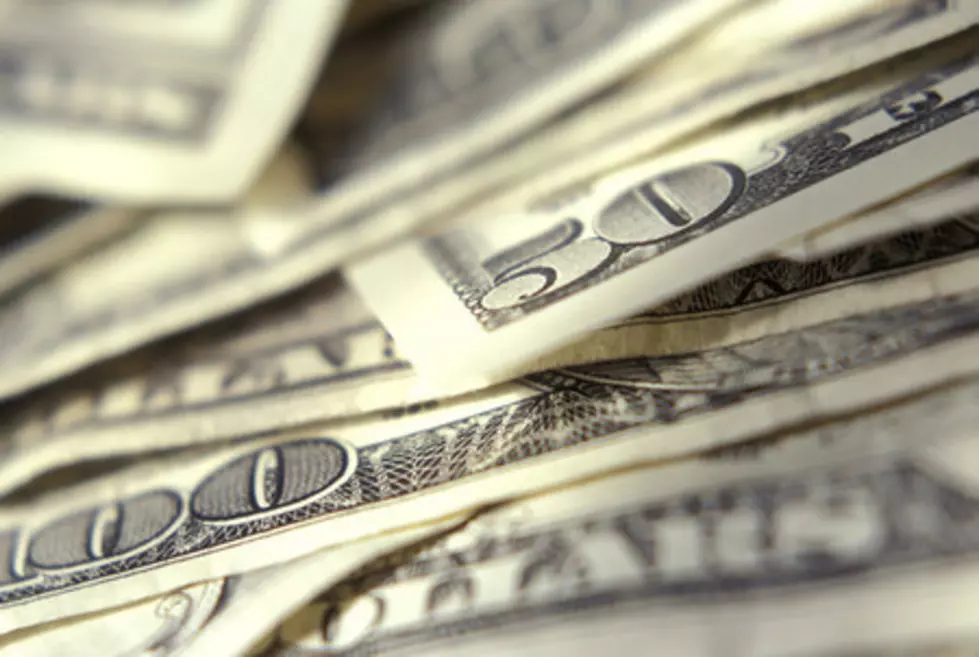
A typical NJ woman earns $500,000 less than a man over her career, analysis says
A New Jersey woman earns on average nearly $12,000 less per year than her male counterparts, amounting to half a million dollars in lost wages over a career, according to the Workplace Justice at the National Women's Law Center.
Emily Martin, general counsel and vice president for the group, said for an analysis the center took the current figure that women working full-time — 79 cents for every dollar earned by men, according to Census data — to determine what that would translate to for a female starting her career today if the wage gap stayed the same.
"It means really enormous numbers. In New Jersey, women would typically lose close to $500,000 over a 40-year career, and for women of color, that number is even worse. African American women and Latino women would lose well over $1 million," said Martin.
The wage gap between men and women has remained stagnant for about a decade.
"Some of it is being driven by pure and simple pay discrimination, women being paid less than men for doing the same work, and that is definitely a piece of the wage gap number," Martin said.
"Other things that are driving it are occupational segregation, so jobs that are mostly done by women tend to pay quite a bit less than jobs that are mostly done by men. In fact, studies show that the more women enter an occupation, the more the wages get depressed," Martin said.
Martin said women of color are hit harder by racial inequality and gender inequality.
"Women of color are really overrepresented in minimum-wage jobs, in the lowest paid jobs, and really underrepresented in the highest wage jobs in the economy, whether it's attorneys or engineers or surgeons, and that's part of what's driving this huge wage gap number as well," said Martin.
Martin is optimistic the gender wage gap can begin to close with action in the near future.
"What we hope is that this study acts as a real wake-up call to action to policy makers to strengthen our equal pay laws, to raise the minimum wage laws, because women are two-thirds of minimum wage workers. The higher the minimum wage the more women benefit," Martin said.
She said that includes everything from affordable childcare, accommodations during pregnancy, and paid leave to help ensure women don't take a wage hit when they have children.
More From 92.7 WOBM








